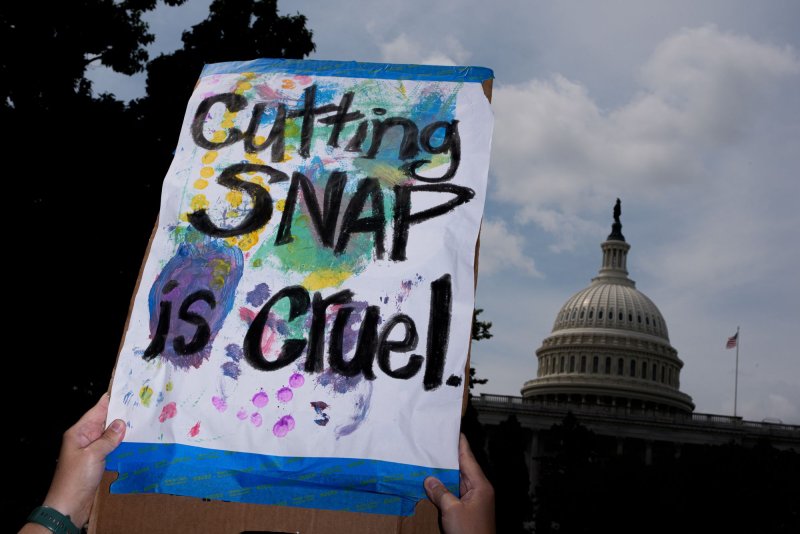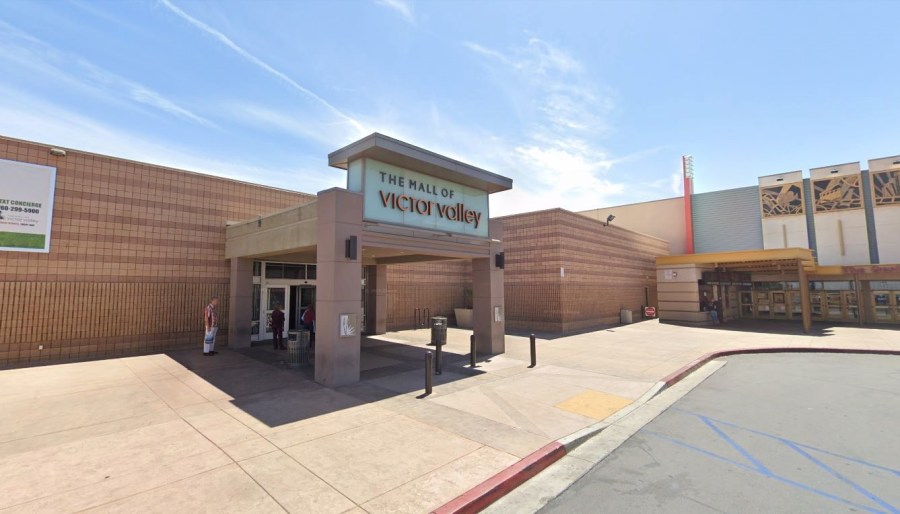URGENT UPDATE: The U.S. Department of Agriculture (USDA) has ordered an immediate halt to full Supplemental Nutrition Assistance Program (SNAP) benefits for 42 million Americans facing food insecurity. This abrupt decision affects vital aid, including support for the Women, Infants and Children (WIC) program, just as a federal court battle unfolds over the benefits that countless families rely on.
In a memo released on November 9, the USDA directed states to “immediately undo any steps taken to issue” full SNAP payments. Instead, states are instructed to provide only 65% of the typical monthly benefit, raising urgent concerns among recipients about their ability to access essential food supplies.
The Trump administration’s move comes after two federal judges ruled that the full benefits must be distributed. However, Supreme Court Justice Ketanji Brown Jackson has since blocked a Rhode Island judge’s order that mandated the administration to issue the full amount for November, exacerbating uncertainty for millions of families.
Officials across the nation expressed confusion regarding how this directive will impact their states’ aid distributions. Many are grappling with the implications of the USDA’s warning, which threatens total cuts in federal funding for SNAP administrative costs if states do not comply.
The SNAP program is crucial for low-income families, children, and the elderly, providing a lifeline during a time of heightened food insecurity exacerbated by the ongoing government shutdown. Recipients have reported feeling anxious and uncertain as they await updates on their benefits, often on a day-to-day basis.
As of now, the Trump administration insists it is working to resolve the situation and has appealed to the Supreme Court to overturn the recent ruling that demanded full benefits. The stakes are high for millions who depend on these funds to afford basic necessities, as the future of SNAP hangs in the balance.
What’s Next: As this situation develops, watch for responses from state officials and further legal actions. The potential for a national crisis looms as families await critical food assistance amidst these escalating tensions.







